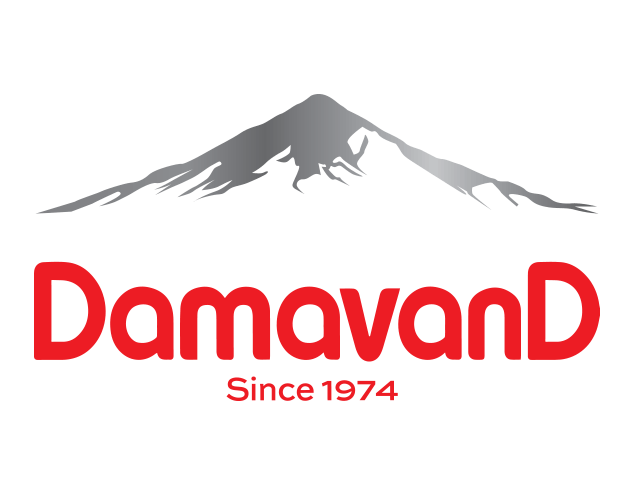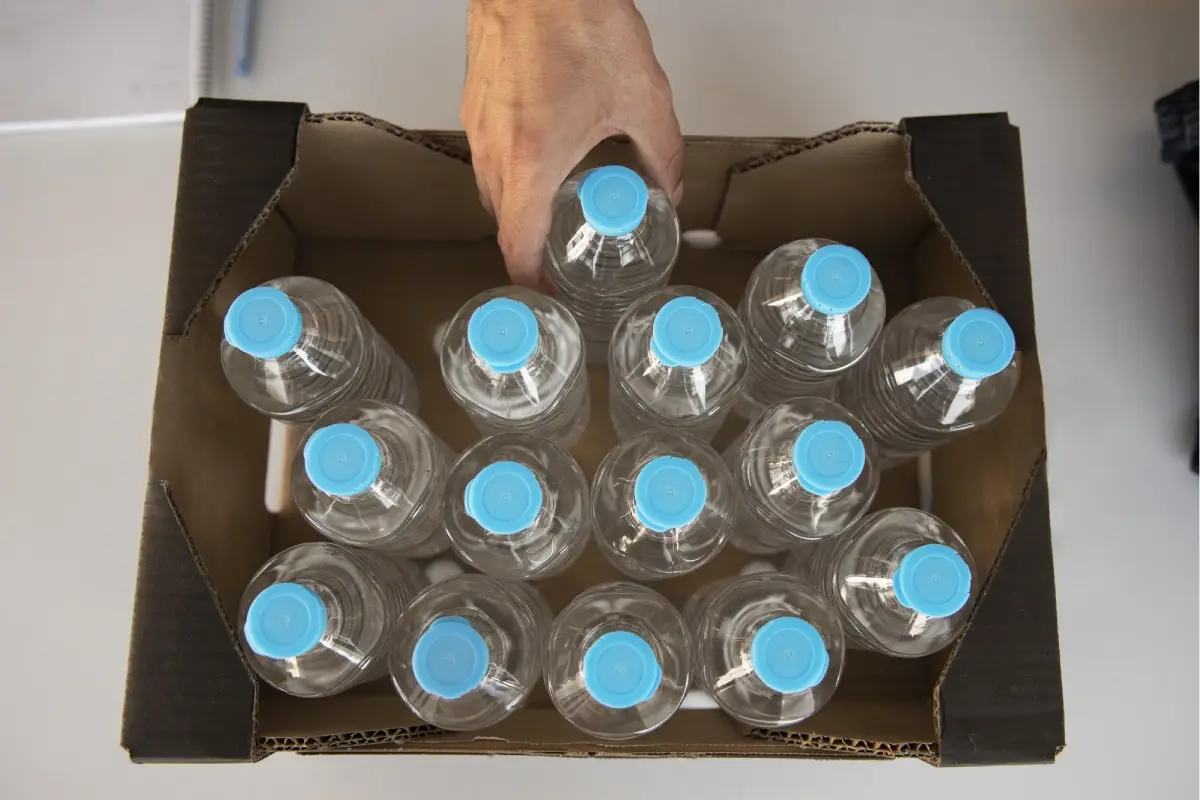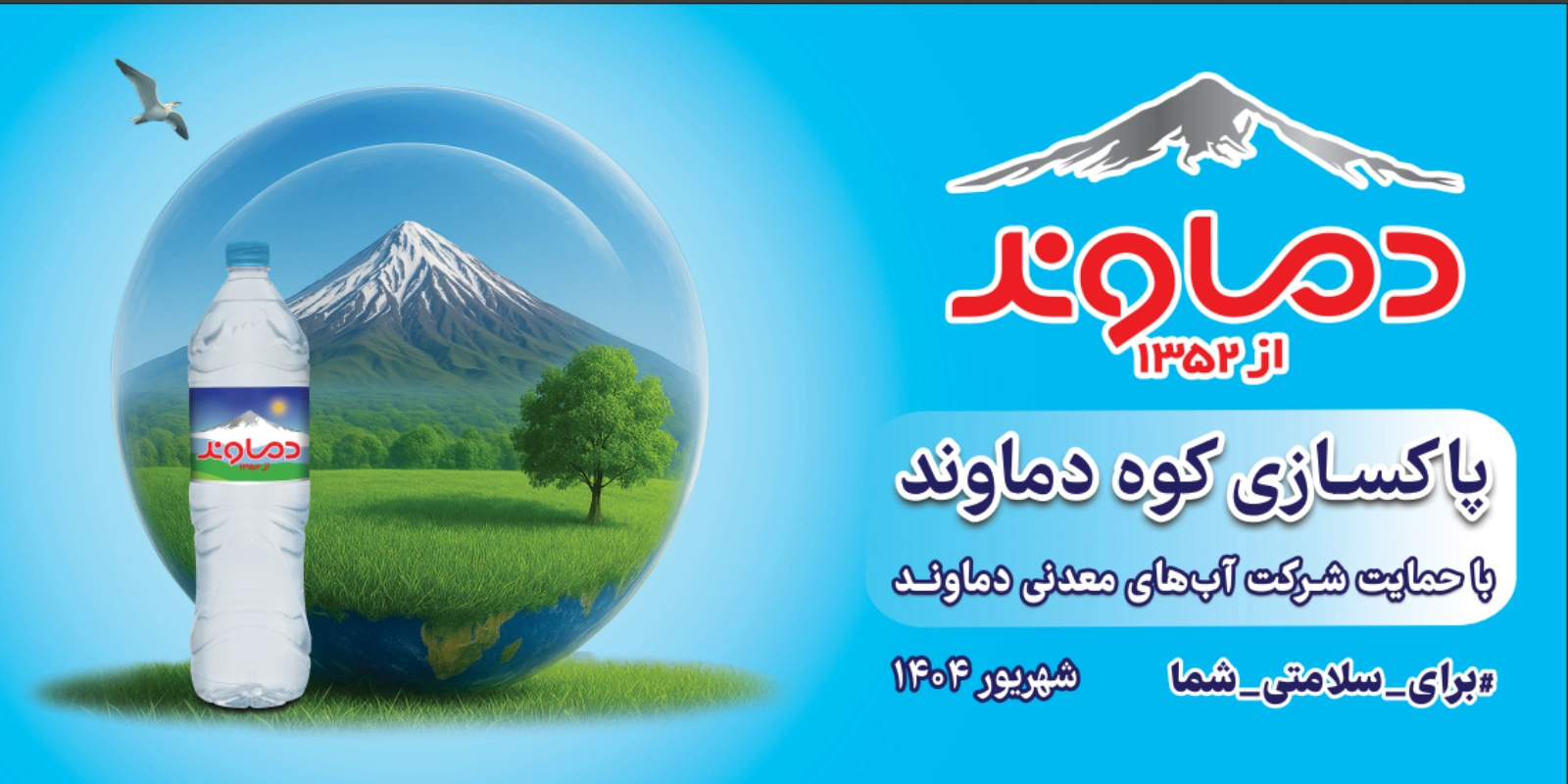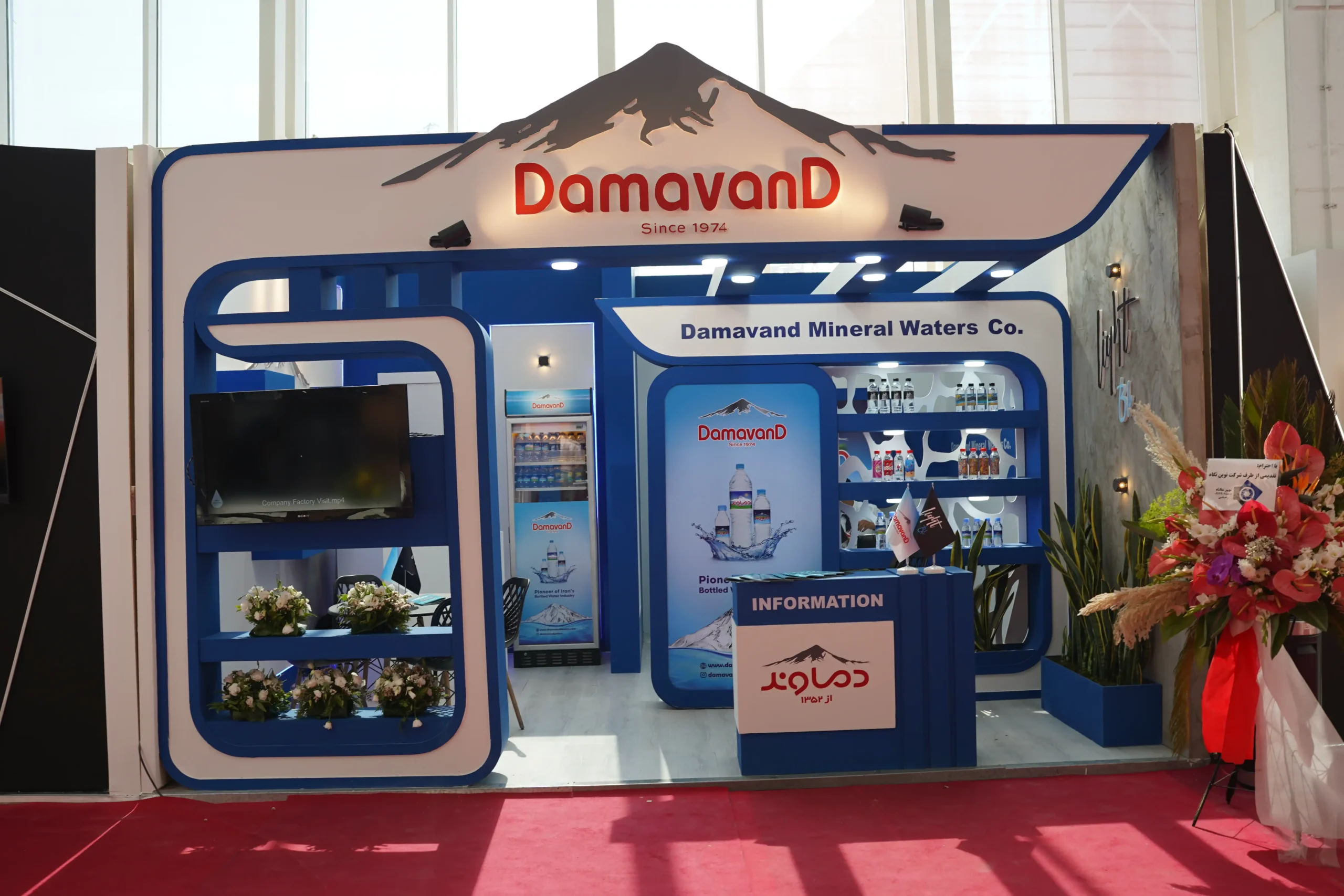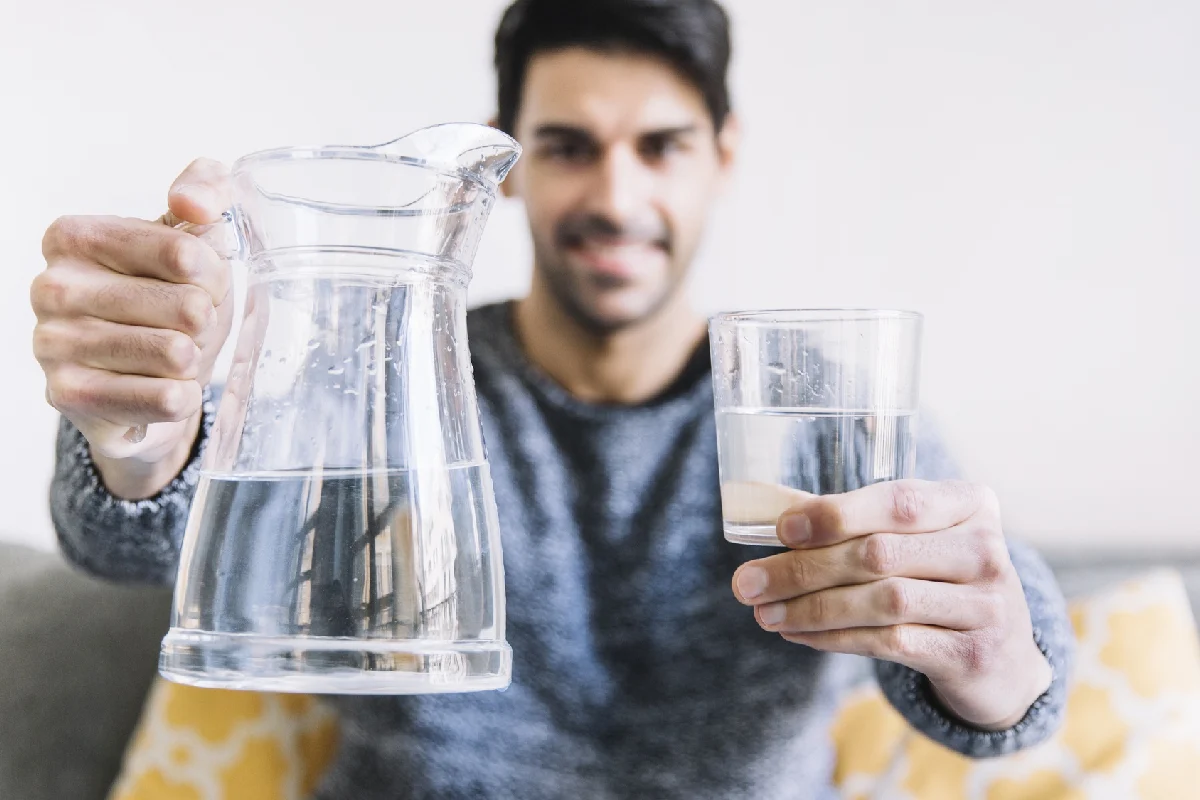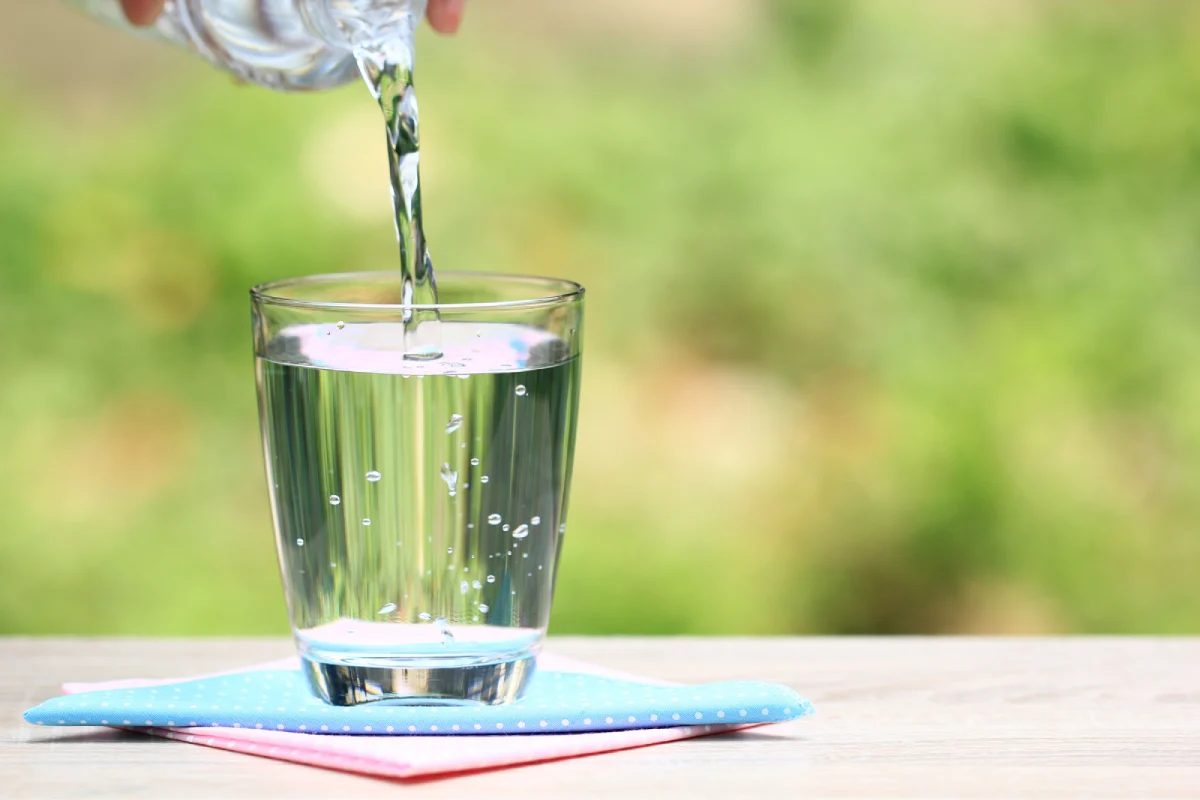With the increasing dependence on packaged products and the fast-paced urban lifestyle, topics such as food safety and shelf life have gained more importance. One common question that many consumers are concerned about is whether mineral water can spoil? And further, why do mineral water bottles have an expiration date? Is this date merely a legal requirement or does it really relate to our health? In this article, we explore the expiration date of mineral water:
Why is an Expiration Date Printed on Mineral Water Bottles?
All food and beverage manufacturers are required by global health organizations and standards to include a production date and an expiration date on their products. This law also applies to mineral water. However, unlike many food products, for mineral water, the expiration date is not because of the spoilage of the contents, but due to the characteristics of its packaging and how it is stored.
Mineral water bottles are usually made from plastics such as polyethylene terephthalate (PET) or high-density polyethylene (HDPE). While these materials are lightweight and durable, they can react under high temperatures and adverse environmental conditions, which can significantly affect the quality of the water inside the bottle.
Does Water Itself Expire?
Mineral water, as a natural and calorie-free substance, is inherently non-perishable, provided it is stored under completely hygienic and controlled environmental conditions. Pure water, which contains no organic materials or bacteria, essentially cannot spoil. However, in reality, no mineral water is 100% pure, and it may always contain natural impurities or minerals. Additionally, exposure of bottles to sunlight, heat, or polluted environments can accelerate the deterioration of its quality.
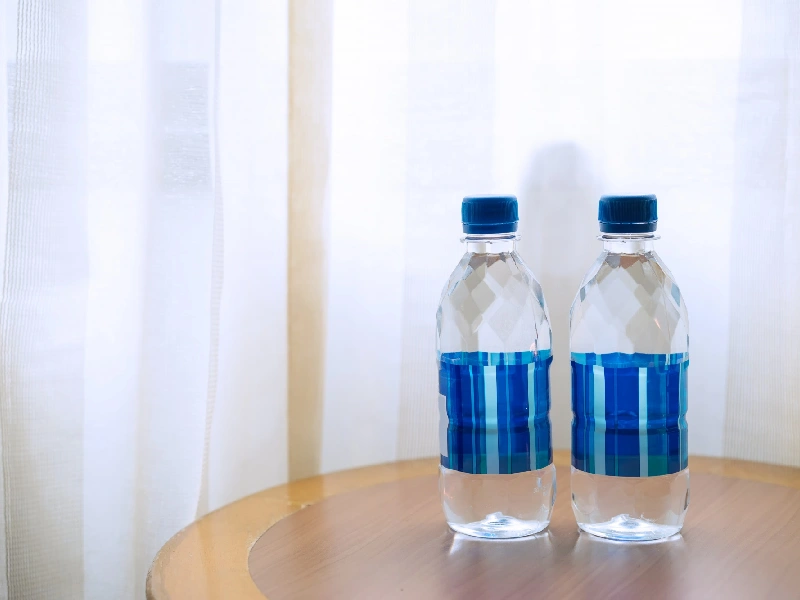
Dangers of Long-Term Storage of Water in Plastic Bottles
The main risk associated with mineral water is the leaching of chemicals from the plastic bottle into the water. When water bottles are exposed to heat, such as inside a car, on store shelves, or in poorly ventilated warehouses, harmful compounds like antimony, bisphenol A (BPA), and other chemicals found in plastics begin to break down and enter the water.
How to Properly Store Drinking Water? Tips for Maintaining Water Health and Quality
Proper storage of bottled drinking water not only helps preserve its freshness and taste but also ensures your health. Below are five key tips for safe and proper storage of mineral water:
1. Use Suitable Containers
If you’ve opened a water bottle and plan to store the remaining water for a longer period, it’s recommended to transfer it to safe containers. The best options include:
- Transparent glass bottles**: Durable, odorless, and completely inert to chemical reactions.
- Stainless steel containers**: Durable, safe, and ideal for daily use.
These types of containers do not transfer any flavor, odor, or chemicals to the water and are resistant to temperature changes.
2. Store Water in a Cool Environment
Excessive heat is one of the silent enemies of drinking water health. When plastic bottles are exposed to high temperatures, such as inside a car, near a heater, or under direct sunlight, the risk of harmful chemical compounds leaching from the bottle walls increases. These compounds can negatively affect the taste, odor, and even the health of the consumer.
Damavand’s recommendation:
- Keep water at room temperature or inside a refrigerator.
- Keep water bottles away from heat sources.
3. Avoid Direct Sunlight!
Direct sunlight can accelerate the degradation of the plastic structure of the bottle, causing changes in its chemical composition. Also, the temperature inside the bottle rises significantly, which further exacerbates the release of unwanted substances.
It is advised to:
- Store bottles in cabinets, closets, or places away from sunlight.
- Avoid transporting water in the trunk of a car on hot summer days without proper protection.
4. Keep Bottles Away from Chemicals
PET plastic bottles are somewhat permeable; although the permeability is minimal, it is enough for substances like bleach, strong detergents, or even air fresheners to penetrate and affect the water’s taste and safety.
Safety tip:
- Never store water bottles in cabinets where chemicals are kept.
- Avoid storing water bottles under the sink or near cleaning products.
5. Avoid Freezing Water in Plastic Bottles
Although freezing water may seem like an easy way to cool it quickly, this is not recommended in plastic bottles, especially PET. The reason is clear:
When water freezes, its volume expands. This increased volume puts pressure on the bottle walls, which may cause:
- Cracking or physical damage to the bottle.
- Accelerated release of monomers and harmful chemicals into the water.
These substances can pose long-term health risks, such as hormonal disruptions, weakened immune function, and nervous system damage.
Damavand: Healthy Water Until the Last Drop
At Damavand, we are not only committed to producing healthy, high-standard mineral water, but we also believe that consumer awareness is an inseparable part of drinking water health. By following the above tips, you can be sure that the exceptional quality of Damavand water will be preserved until the last moment of consumption.
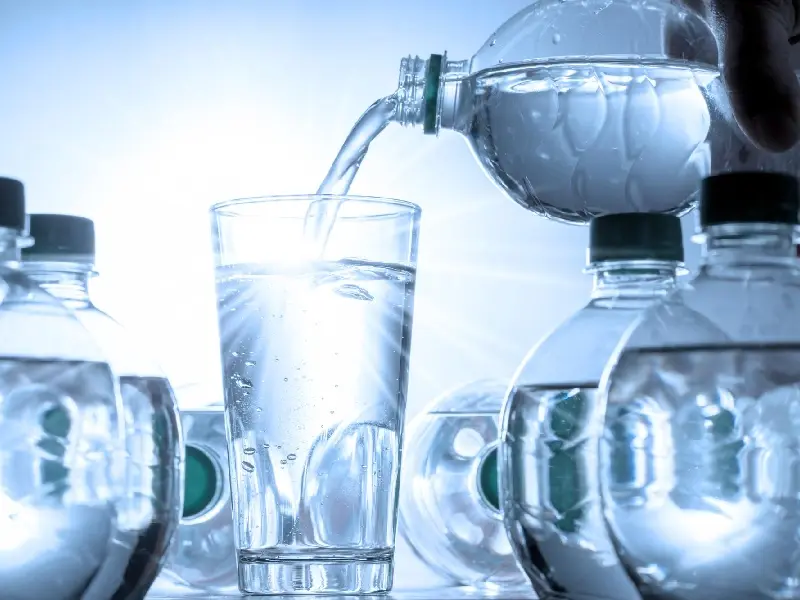
Conclusion
Drinking water is no longer just a simple beverage; it is an important part of a healthy lifestyle. Damavand mineral water, sourced from natural springs and packaged with advanced technology, provides a healthy, refreshing, and safe product. However, as we have seen, proper storage of water bottles plays a key role in maintaining this quality.
Understanding why mineral water has an expiration date, what factors affect its quality, and how a few simple steps can protect its freshness and health will help you enjoy every drop of Damavand water with confidence. So remember: The health of your water is in your hands, and Damavand guarantees it until the last drop.
Frequently Asked Questions
1. Does Mineral Water Spoil?
Water itself doesn’t spoil, but improper storage, such as placing the bottle in heat or direct sunlight, can affect its quality. Therefore, proper storage conditions are crucial.
2. Why Do Mineral Water Bottles Have an Expiration Date?
The expiration date is printed due to the potential changes in the packaging quality (plastic of the bottle) over time, not because the water itself spoils. This date helps protect consumer health.
3. Can I Freeze Mineral Water Bottles?
No, freezing plastic bottles can cause them to crack or release harmful chemicals into the water. To keep water cold, use a refrigerator or transfer it to suitable containers like glass or stainless steel.
4. Does Storing Water in a Car Cause Problems?
Yes, the high temperature inside a car, especially in summer, can cause chemicals from plastic to leach into the water. Always store water in a cool environment, away from direct sunlight.
